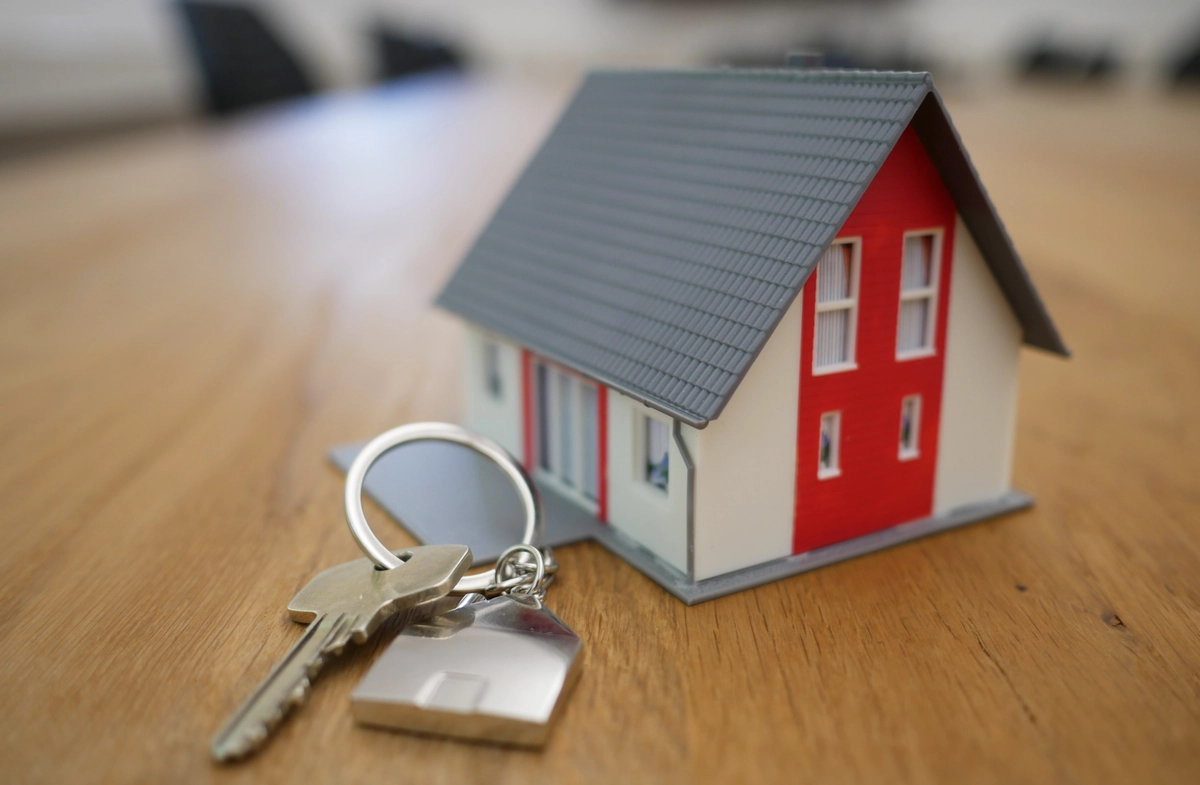Should Black Americans Buy Homes?

Photo by Tierra Mallorca on Unsplash
I purchased my first home in 2007, with 100% financing. Within my first year of ownership, its value plummeted by nearly a third. As the national real estate market continued to decline between 2008 and 2010, its value also continued to fall. I ended up short-selling the property. Its short sale price was about one-third of what I paid for it.
Ever since then, I've questioned whether homeownership makes financial sense for most Black Americans.
I returned to this thought while listening to WTF does race have to do with taxes?, a recent episode of NPR's Code Switch. In the episode, host Gene Demby talks to Dorothy A. Brown, tax lawyer, Georgetown Law professor, and author of The Whiteness Of Wealth: How The Tax System Impoverishes Black Americans And How To Fix It.
The entire episode is solid, but what stuck out to me was this quote from Brown (around the 18:30 mark):
So most Black homeowners live in racially diverse or all-Black neighborhoods. Most white homeowners live in all-white neighborhoods. And since the majority of homebuyers are white homeowners or prospective white homeowners, their preferences make the market. They're not interested in buying homes in all-Black or racially diverse neighborhoods. They're only interested in buying homes in neighborhoods with very few Black Americans. So if you are the only Black homeowner in an all-white neighborhood, then that's a really good financial investment for you. You're going to build wealth the way your white peers do.
In Houston, Texas, the median home value in Black-majority neighborhoods is under $100,000, while the median home value in Black-minority neighborhoods approaches $300,000,
according to research by the Brookings Institution. Home values also decline significantly once a neighborhood becomes more than 10% Black (abstract; the full paper is a PDF download). Persistent income1 and wealth gaps mean that few Black homebuyers can afford to buy homes in predominantly white neighborhoods.
Meanwhile, homes in majority-black neighborhoods are routinely undervalued when compared to similar homes in similar neighborhoods. Homes in Black neighborhoods appreciate more slowly.
Low and declining property values affect how much equity is available to tap for college expenses, to start a business, or to help the next generation buy their first home. When home values fall far enough, Black homeowners may find themselves selling at a loss. Unlike business losses or stock market losses, selling your primary residence at a loss does not reduce your taxable income.
Black homeowners are often over-taxed too. Residential properties in black neighborhoods have property tax assessments that are higher relative to their market values (PDF link) than homes in white neighborhoods. Some communities have even used tax assessments to force Black property owners off of their property.
All of this makes buying a home a riskier financial proposition for most Black Americans. I won't say don't buy a home. I decided to try again myself, after all. What I will say is that you may come out ahead over the long term if you rent instead and invest the money you'd otherwise put towards your down payment, taxes, and repairs.
Also see
- Wealth of Two Nations: The U.S. Racial Wealth Gap, 1860-2020
- Black Wealth Data
- Black women endure legacy of racism in homeownership and making costly repairs
-
Median household income for white Americans was $77,999 as of 2021. For Black Americans, that figure is $48,297. ↩